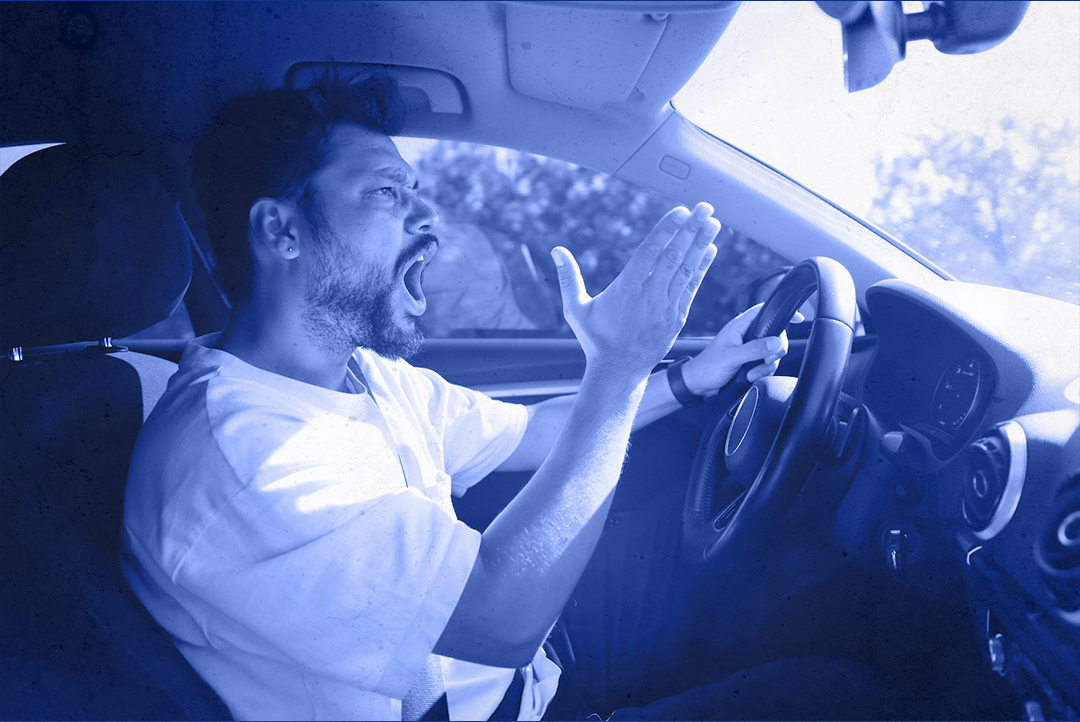Biography
Amanda has been involved in road safety research for almost two decades and her background is in the psychology behind driver behaviour. Her research focuses on understanding and addressing the mechanisms behind risky driving behaviour. Particular focus is on aggressive, anti-social or non-compliant driving behaviour. She is involved in designing and implementing behaviour modification programs to support drivers in managing emotional, fatigued or inattentive driving.







